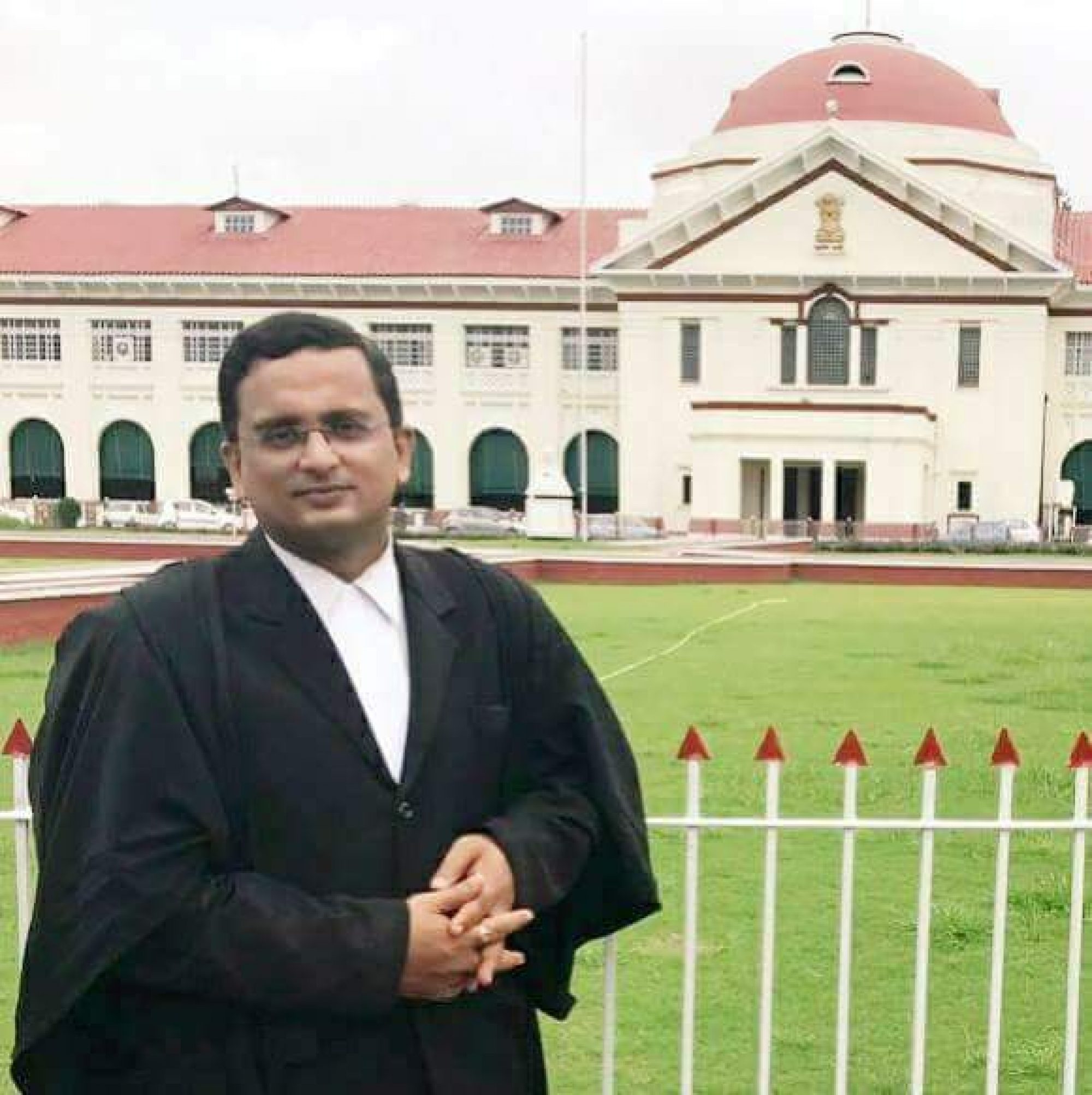
Reporting By: Amit Kashyap.
What is matrimonial dispute?
In plain English matrimonial means; relating to marriage or married people. As such, cases filed by couples against each other like restitution of conjugal rights, divorce, maintenance, custody of child, domestic violence, case u/s 498A IPC etc, come under the category of matrimonial dispute. It is often seen that couples file cases against each other at the place of their convenience and so is done most of the times with an intention to harass the partner.
Transfer of cases relating to Matrimonial Disputes from a court situated in a particular state to a court situated in another state, can only be done by the way of Transfer Petition which may be filed by either party to the case before Hon’ble Supreme Court of India. Such Transfer Petition is filed under Section 25 of Code of Civil Procedure, wherein under the said provision, Supreme Court of India has original Jurisdiction to transfer a civil case relating to Matrimonial Dispute, based on facts of the case, & circumstances of parties, and if such transfer is expedient for ends of Justice.
Similar power may be exercised by High courts in the event transfer of case is sought from one district to another within one state, over which the concerned High Court has Jurisdiction.
Section 25 is based on the ‘doctrine of forum convenience’ which means –’the best forum’ where a fair trial can be held. Normally it is presumed that if petitioner has filed a case before a particular court having jurisdiction – it is the best forum. The burden is on the person seeking transfer of case, to prove that if the proceedings are not transferred, he/she would suffer irreparable injustice, on the merits of the case or with issues respect to personal life. The party seeking Transfer would also have to prove that the latter is irreparable in monetary terms. Once party to the case who has filed Transfer Petition, is able to prove as mentioned above, he/she would also have to prove that he/she won’t suffer similar losses if the proceedings are transferred.
Hence it is a double burden of proof for the party seeking Transfer of case. If party to the case succeeds in proving as mentioned above, the balance of convenience is said to lie in favour of concerned party to the case, who has sought Transfer of case. In such cases Courts are usually inclined in favour of Women.
Usually Divorce cases, and cases related to custody of children, & case of Civil Nature can be transferred by Supreme Court, when Transfer Petition is filed under Section 25 of Civil Procedure Code. Matrimonial Disputes may also involve cases, which are generally in nature of “Criminal Cases” like Maintenance Application under section 125 Cr.PC or a Application under Domestic Violence Act, which may be sought to be transferred by filing Transfer Petition/Application before Hon’ble Supreme Court of India, under section 406 Cr.PC or by filing Special Leave Petition (SLP) under Article 136 of Constitution of India.
Guiding Principle behind transfer of a matrimonial case
In Dr. Subramaniam Swamy v. Radhakrishna Hegde (1990) 1 SCC 4, the Supreme Court held that the paramount consideration for transfer of a case under section 25 of the code of Civil Procedure must be requirement of justice. It was held that the mere convenience of the parties or anyone of them may not be enough for the exercise of power, but it must also be shown that trial in the chosen forum will result in denial of justice. The Court further held that if the ends of justice so demand and the transfer of the cases imperative, there should be no hesitation to transfer the case. The right of the dominus litis* to choose the forum and consideration of plaintiff’s convenience etc. cannot eclipse the requirement of justice. Justice must be done at all costs, if necessary by the transfer of the case from one court to another.
*Dominus litis is the person to whom a suit belongs. This also means master of a suit. The person has real interest in the decision of a case. It is this person who will be affected by the decision in a case
Recently in Krishna Veni Nagam v. Harish Nagam, (2017) 4 SCC 150 the Supreme Court directed that in matrimonial or custody matters or in proceedings between parties to a marriage or arising out of disputes between parties to a marriage, wherever the defendants/respondents are located outside the jurisdiction of the court, the court where proceedings are instituted, may examine whether it is in the interest of justice to incorporate any safeguards for ensuring that summoning of defendant/respondent does not result in denial of justice. Order incorporating such safeguards may be sent along with the summons. The safeguards can be:
~Availability of videoconferencing facility.
~Availability of legal aid service.
~Deposit of cost for travel, lodging and boarding in terms of Order 25 CPC.
~E-mail address/phone number, if any, at which litigant from outstation may communicate.
***********
